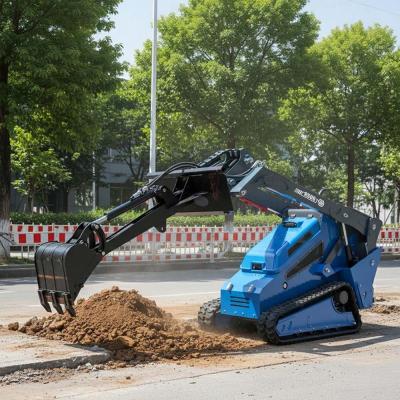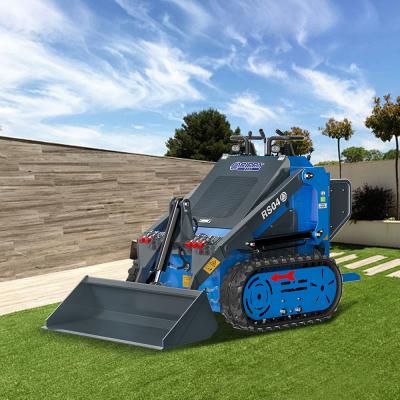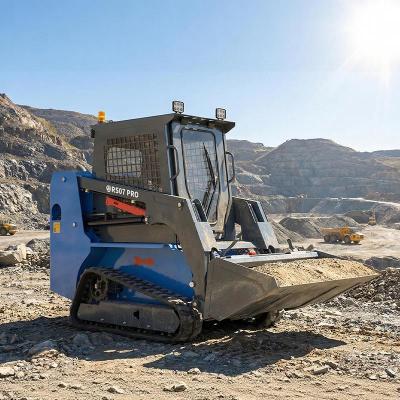How Chinese Excavator Factories Ensure Quality: Production, Testing & Certification
Raw Material and Component Sourcing
High-quality Chinese excavator factories begin their process by sourcing materials and components from certified suppliers. Structural steel plates, hydraulic valves, and electrical parts are purchased only from vendors with traceable batch records. This traceability ensures that every component meets international mechanical and safety standards. Key parts such as engines, hydraulic pumps, and control valves are often sourced from global brands like Cummins, Isuzu, or Kawasaki, ensuring consistent performance, easy maintenance, and global service availability.
In addition to using high-grade materials, leading factories implement supplier audits and inbound quality inspections. Each shipment of raw steel and casting material is tested for tensile strength and composition, reducing the risk of structural fatigue in the final excavator body.
Precision Manufacturing: Casting, Machining, and Welding
Casting and machining are critical to ensuring structural integrity and precision. Structural components are either cast or forged, then machined on CNC equipment to achieve tight tolerances. This guarantees pin alignment and smooth joint operation under load. Proper machining also minimizes vibration and uneven wear, enhancing the excavator’s working life.
In the welding and fabrication stage, a combination of robotic welding and skilled manual work is applied to guarantee both consistency and craftsmanship. Critical joints undergo deformation control and non-destructive testing (NDT) such as ultrasonic or magnetic particle inspection. These tests help detect internal flaws early, reducing the chance of cracks or breaks during long-term heavy operation.
Hydraulic and Functional Assembly
The hydraulic system is the heart of any excavator, and Chinese factories have adopted rigorous assembly procedures. Hydraulic lines are pre-fitted and tested on pressure benches to ensure there are no leaks or weak connections. Pumps and valves are calibrated to maintain optimal flow under load.
Dynamic testing simulates real-world conditions, confirming that the excavator can maintain hydraulic stability during full digging cycles. Electronic control systems also undergo diagnostic tests, ensuring that sensors, monitors, and controllers respond accurately to operator input. This process guarantees operational reliability and reduces downtime in the field.
Painting, Corrosion Protection, and Environmental Standards
Surface preparation plays a vital role in corrosion resistance. After sandblasting and primer coating, excavators receive multi-layer industrial paint to withstand harsh outdoor environments. These coatings prevent corrosion from transport, humidity, and field operations.
Modern factories now integrate VOC (Volatile Organic Compound) control systems to reduce emissions from paint processes. Compliance with local and international environmental standards—such as EPA or Euro 5 requirements—is now a fundamental part of production certification, ensuring sustainability alongside durability.
Testing and Certification
Every excavator undergoes a Factory Acceptance Test (FAT) before shipment. This includes complete operational cycles, load performance verification, and leak detection. The goal is to ensure that each unit performs to specification under real working conditions.
Buyers can also request third-party inspections from globally recognized organizations like BV, SGS, or Intertek. These independent evaluations add another layer of confidence, verifying everything from weld quality to emission compliance. Additionally, factories provide complete documentation such as ISO 9001 certification, CE conformity statements, and detailed test reports for export markets.
Traceability and Spare Parts Management
To support long-term maintenance, top manufacturers maintain detailed serial records for major components. This traceability makes spare part sourcing easier and ensures compatibility during future repairs. Many factories also include spare parts kits with the initial delivery, allowing buyers to handle immediate service needs on site.
Frequently Asked Questions
Q: Can I request a third-party factory audit before purchase?
A: Yes. Reputable Chinese excavator factories welcome independent audits and will arrange transparent inspection access during production or before shipment.
Q: What tests should I conduct before shipment?
A: It is recommended to perform hydraulic pressure tests, full digging cycle evaluations, emission checks, and functional safety verifications. These tests confirm that the machine is ready for work in your specific market.
Quality Is Measurable
Quality assurance is both measurable and verifiable. Always request the FAT report, component brand list, and options for independent pre-shipment inspection from your supplier to ensure every excavator you receive meets global standards of safety, durability, and performance.


